China researchers hydrotreat waste engine oil and scrap tire oil blend to produce diesel- and jet-range fuel
Green Car Congress
APRIL 27, 2019
Researchers at Henan Polytechnic University in China have hydrotreated the oil derived from hydrothermal liquefaction of scrap tires (STO) with waste engine oil (WEO) using five different activated carbon-supported noble metal catalysts—Pd/C, Pt/C, Ru/C, Ir/C, and Rh/C—for the production of liquid fuels.


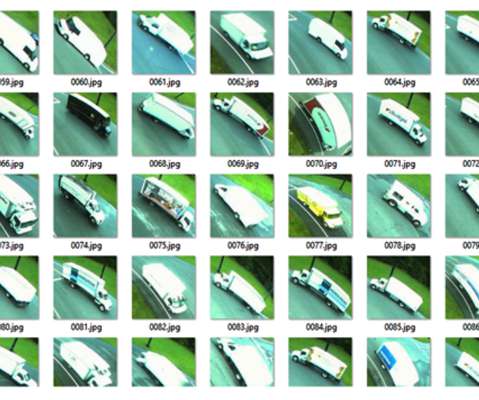

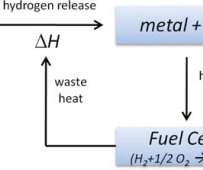




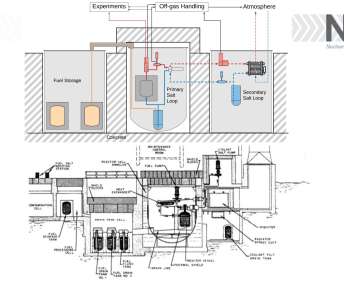








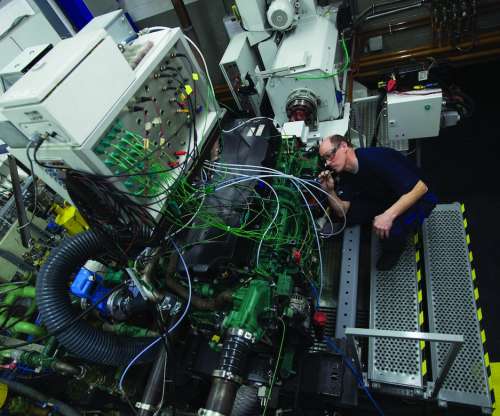




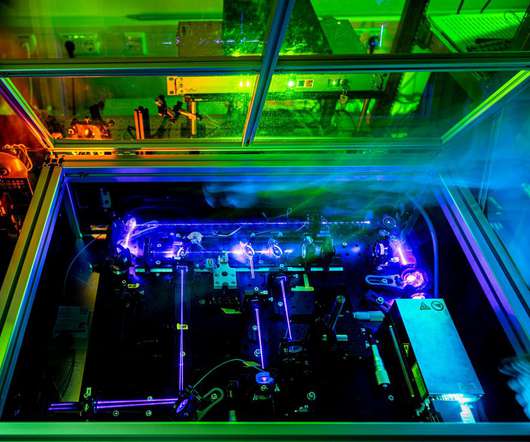

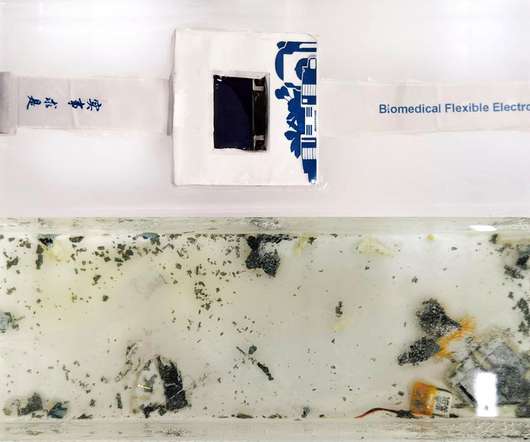

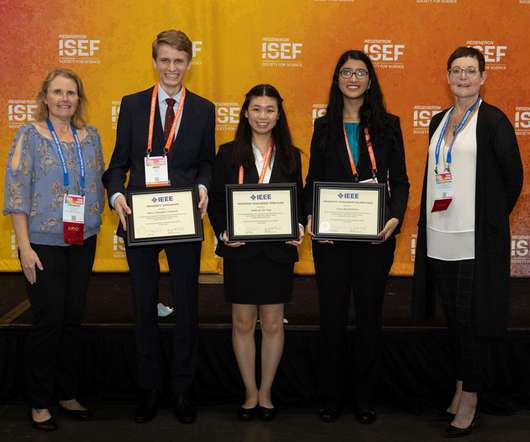
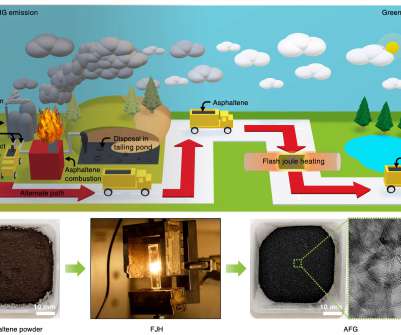


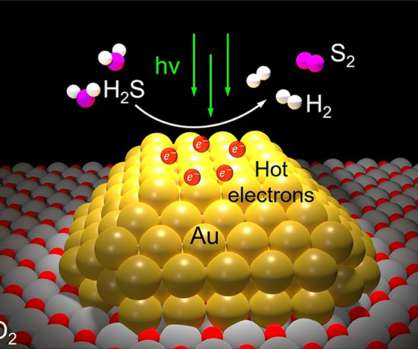










Let's personalize your content